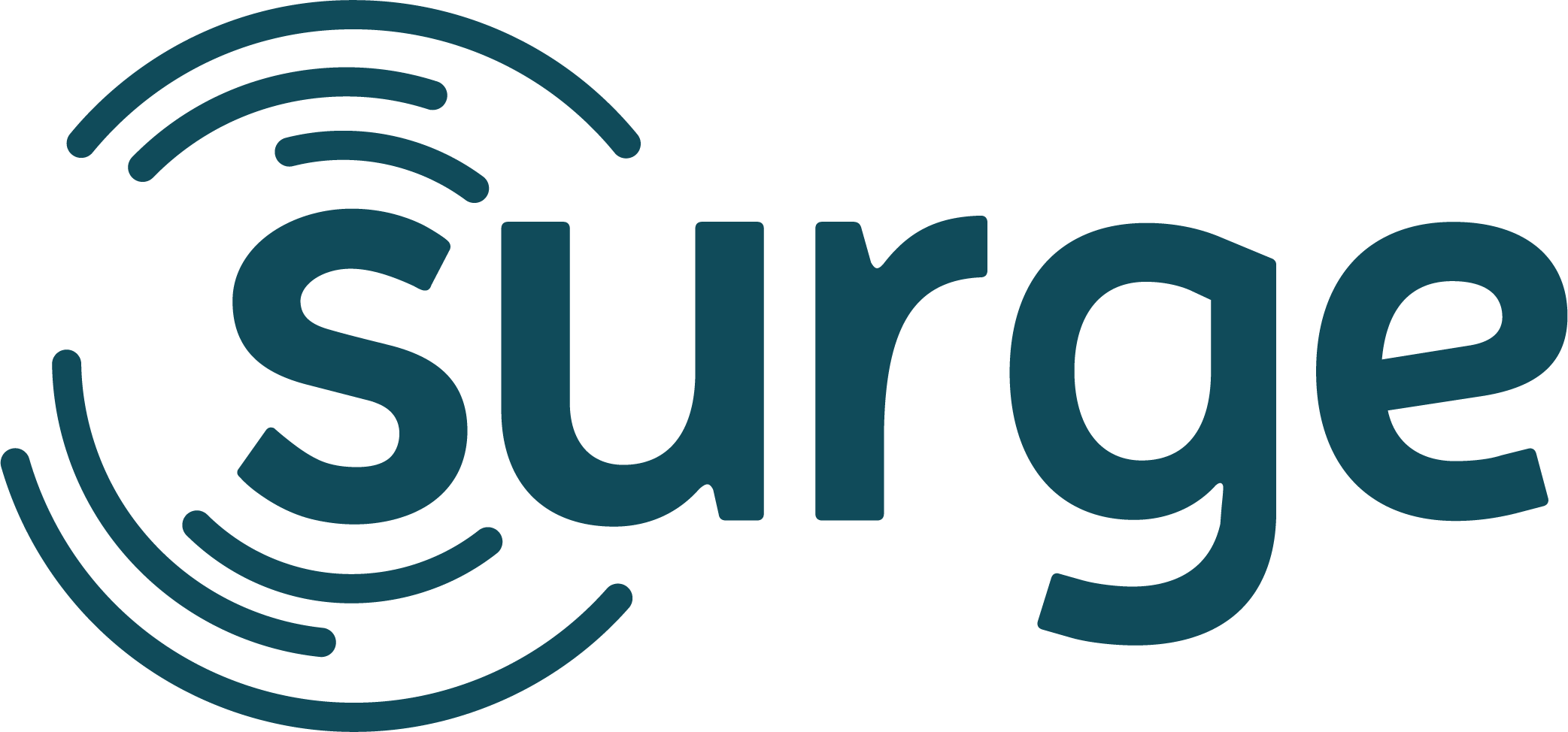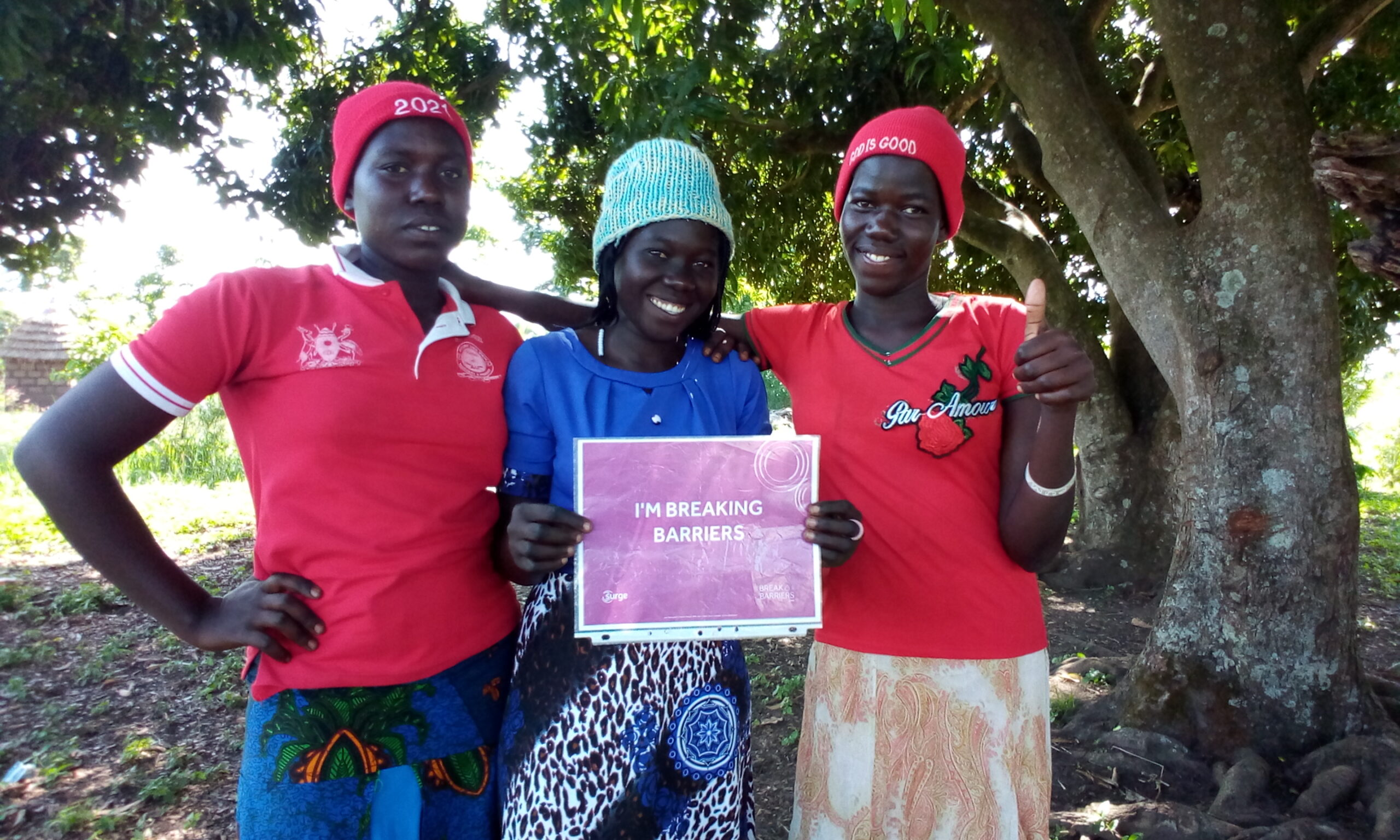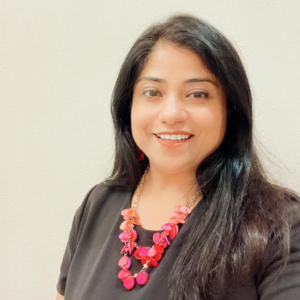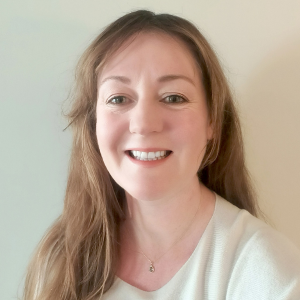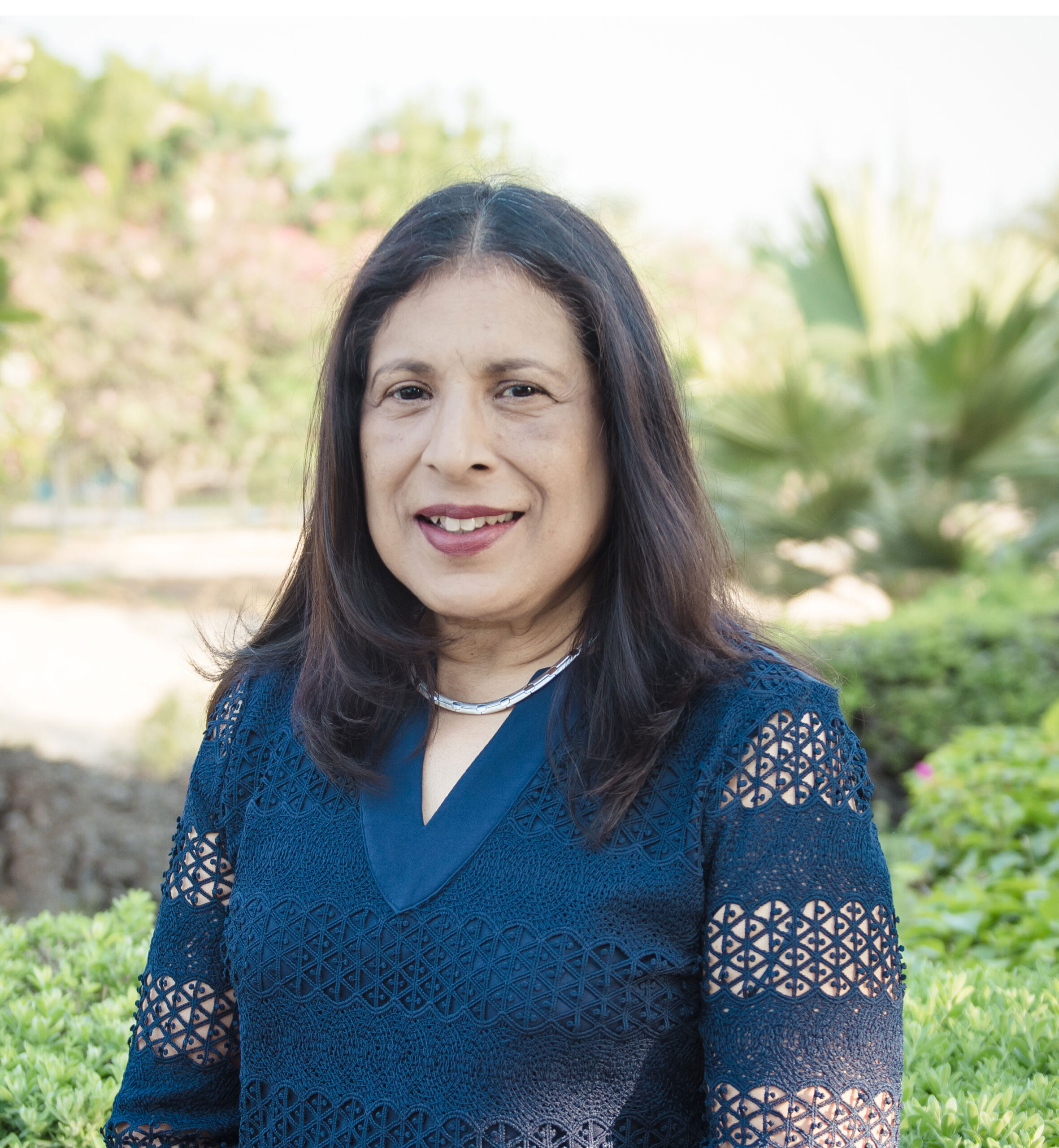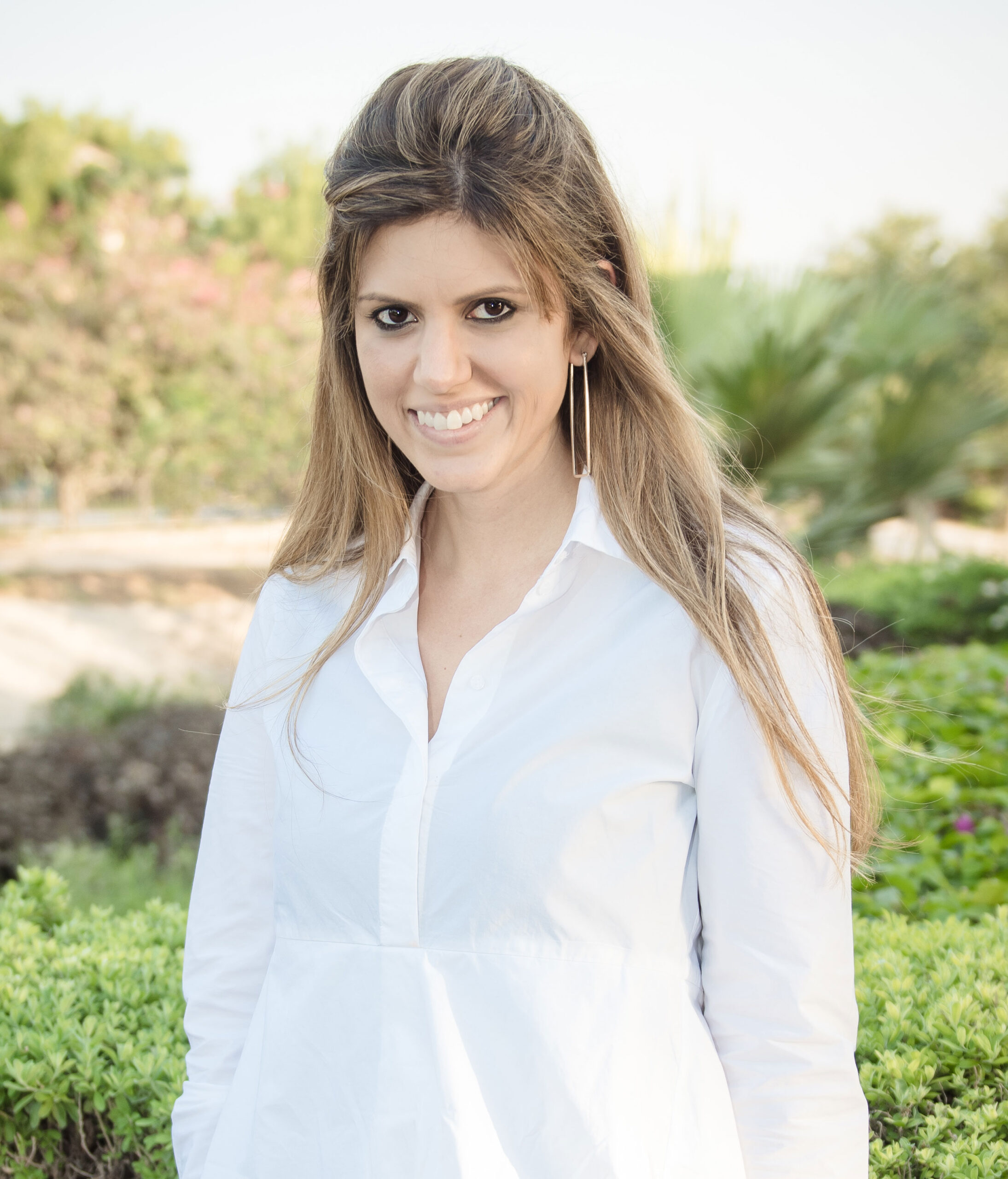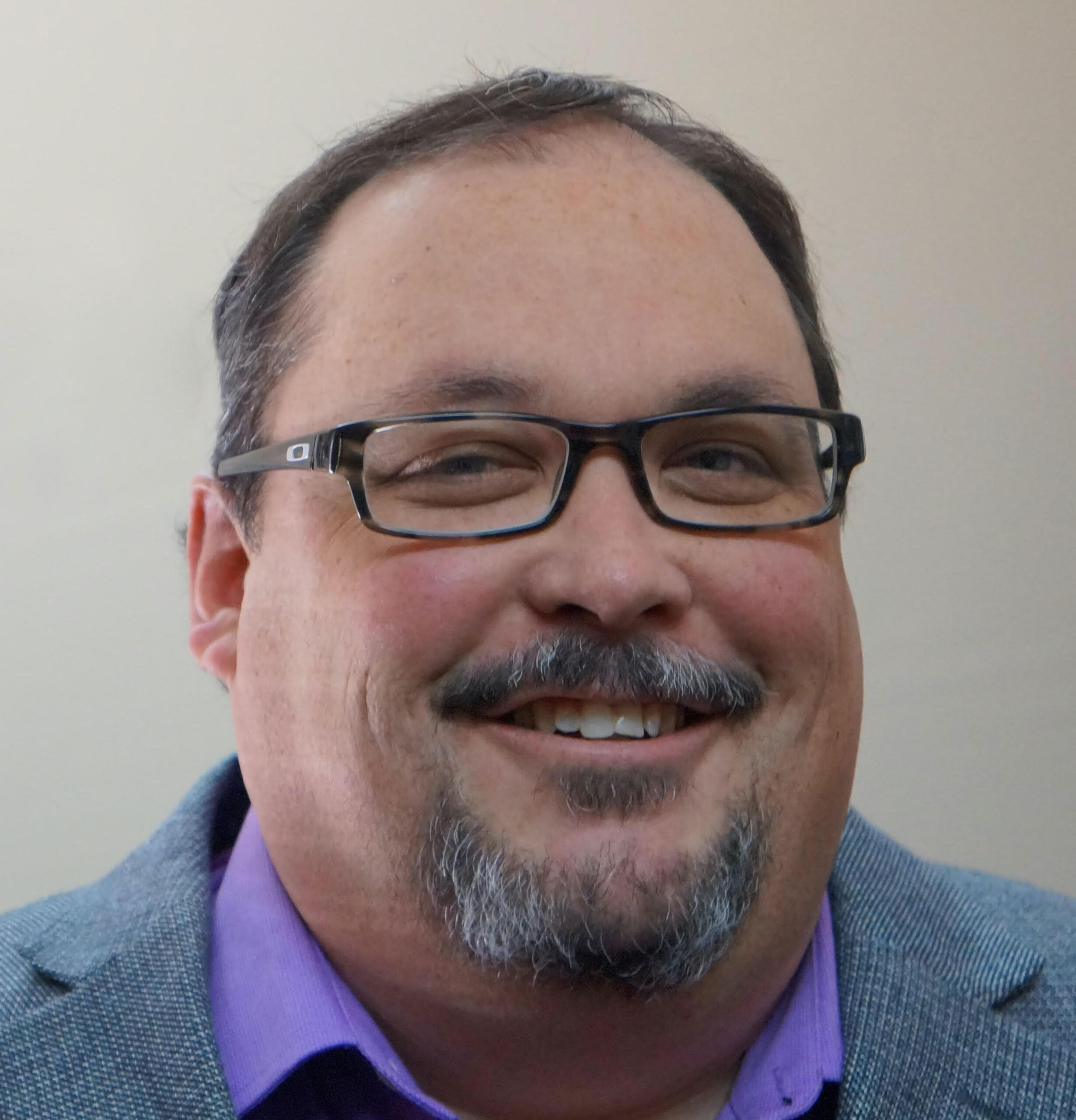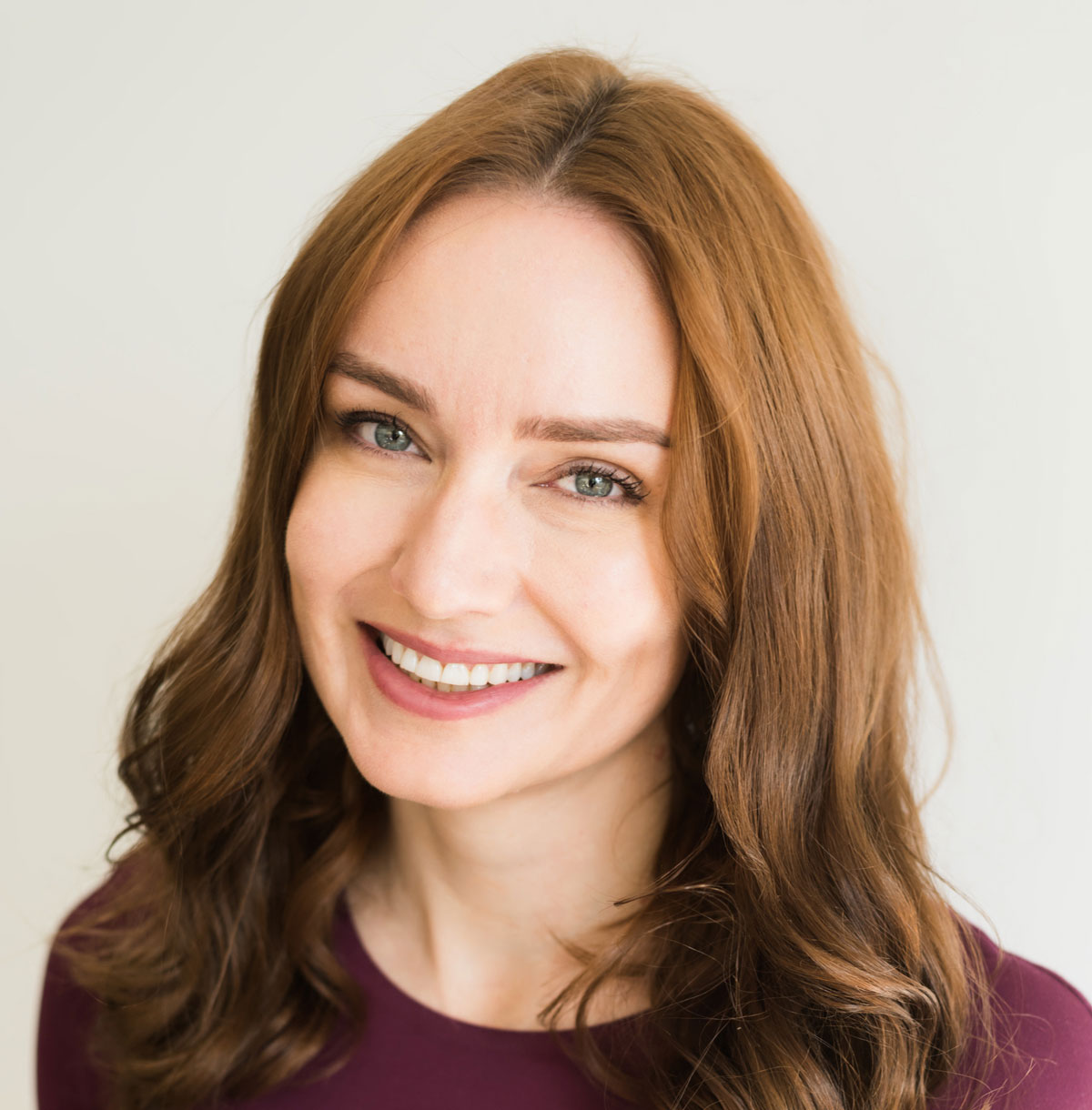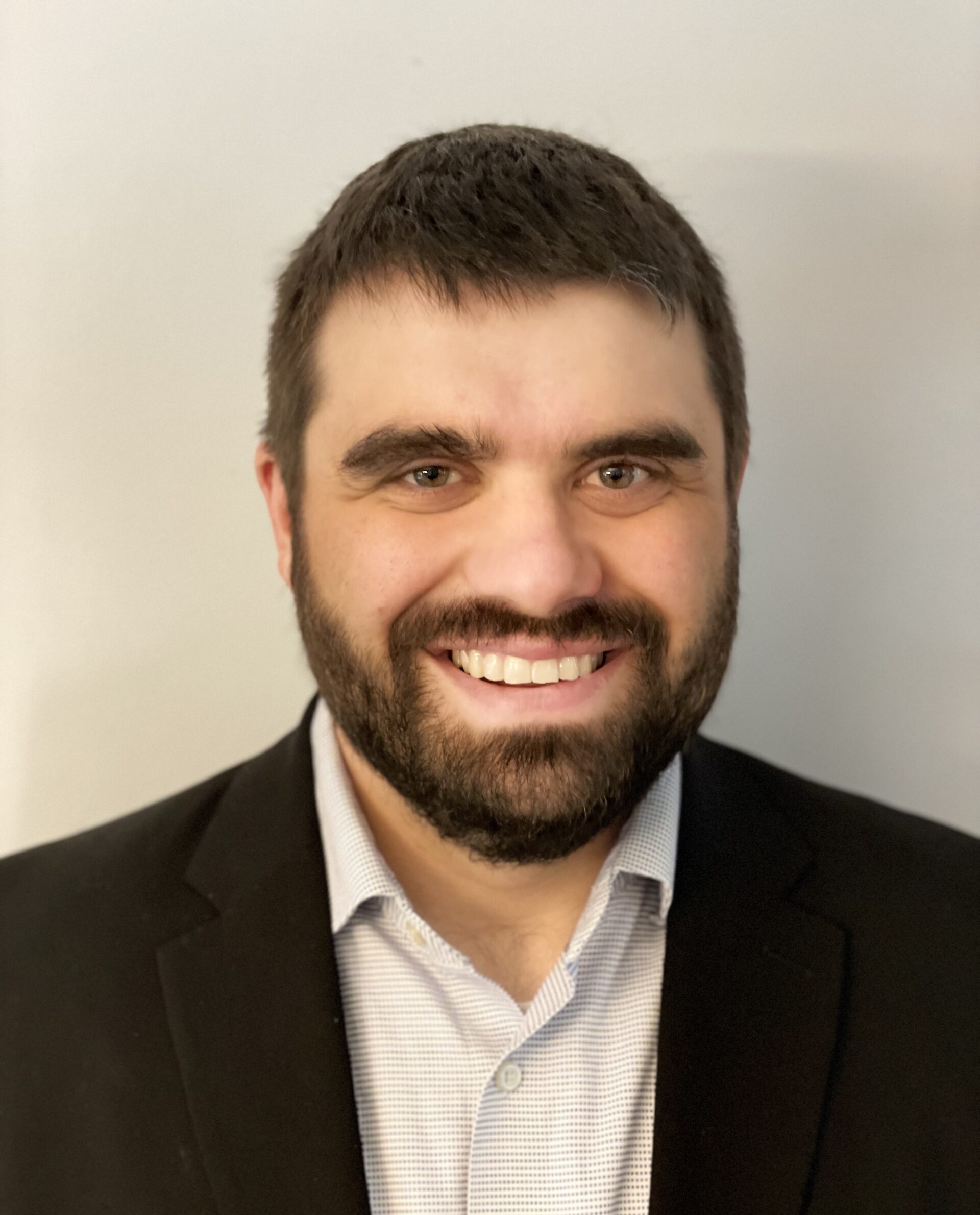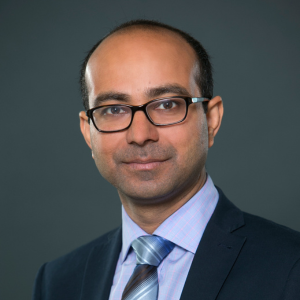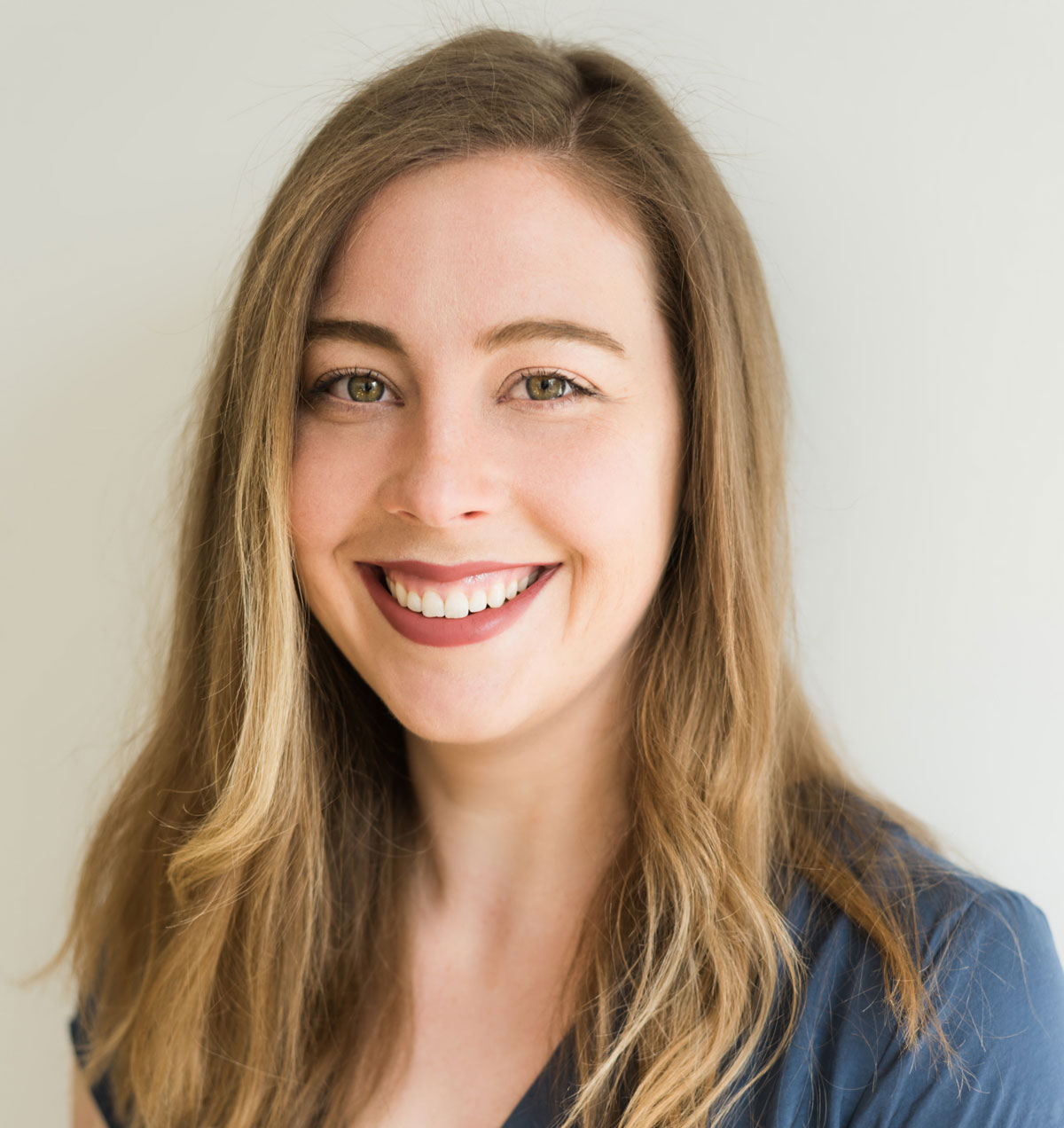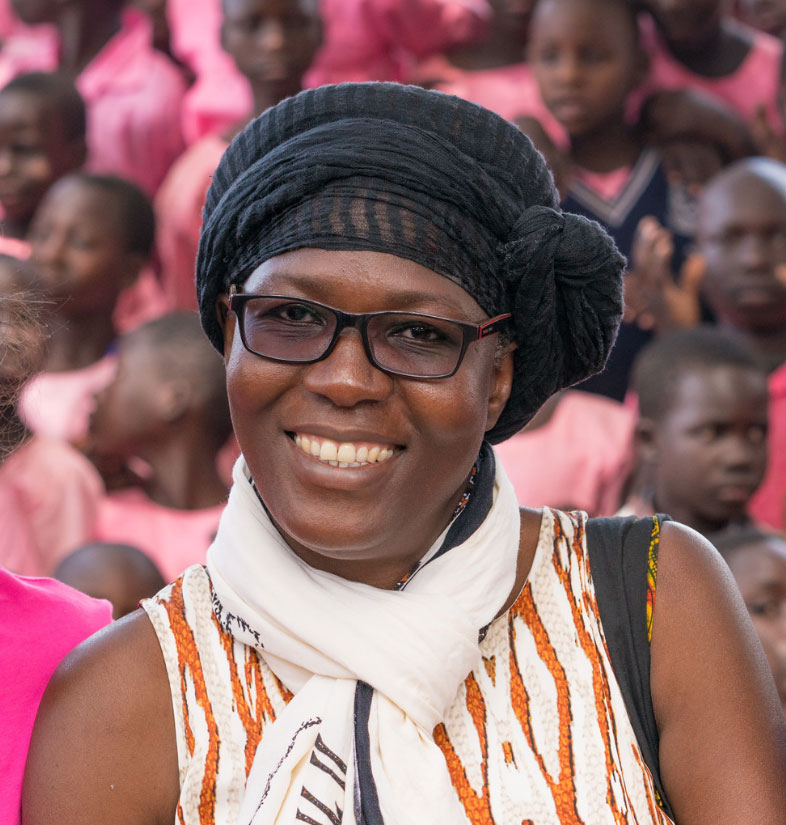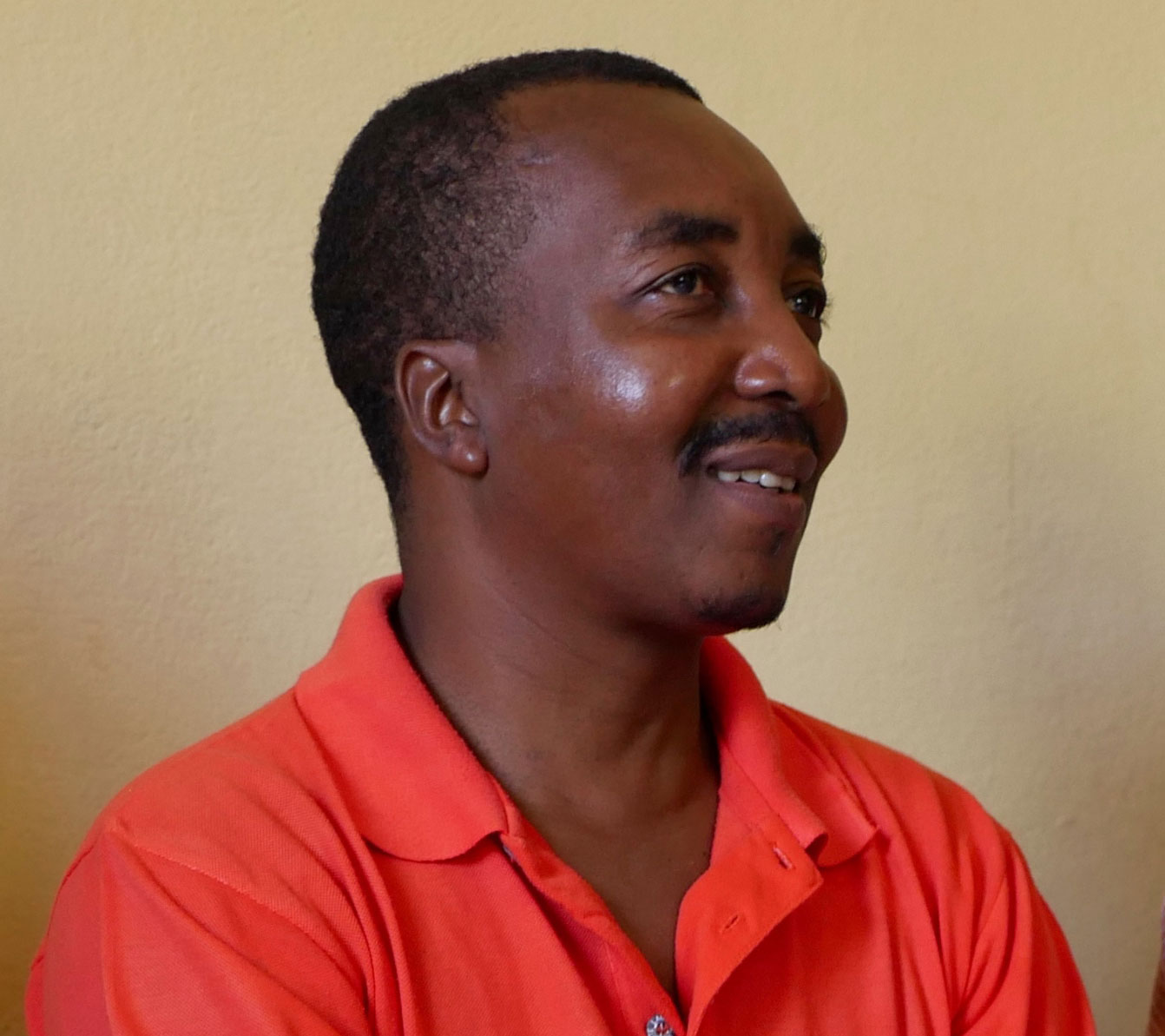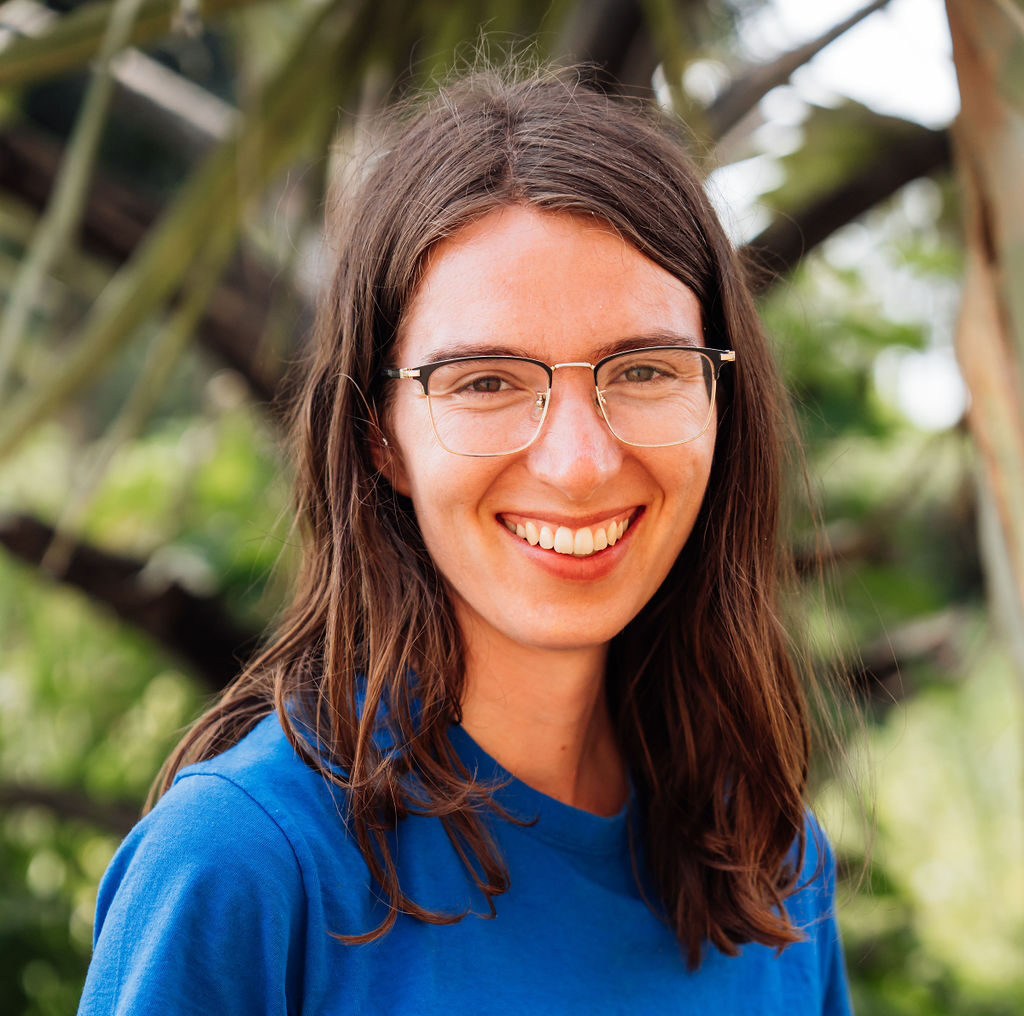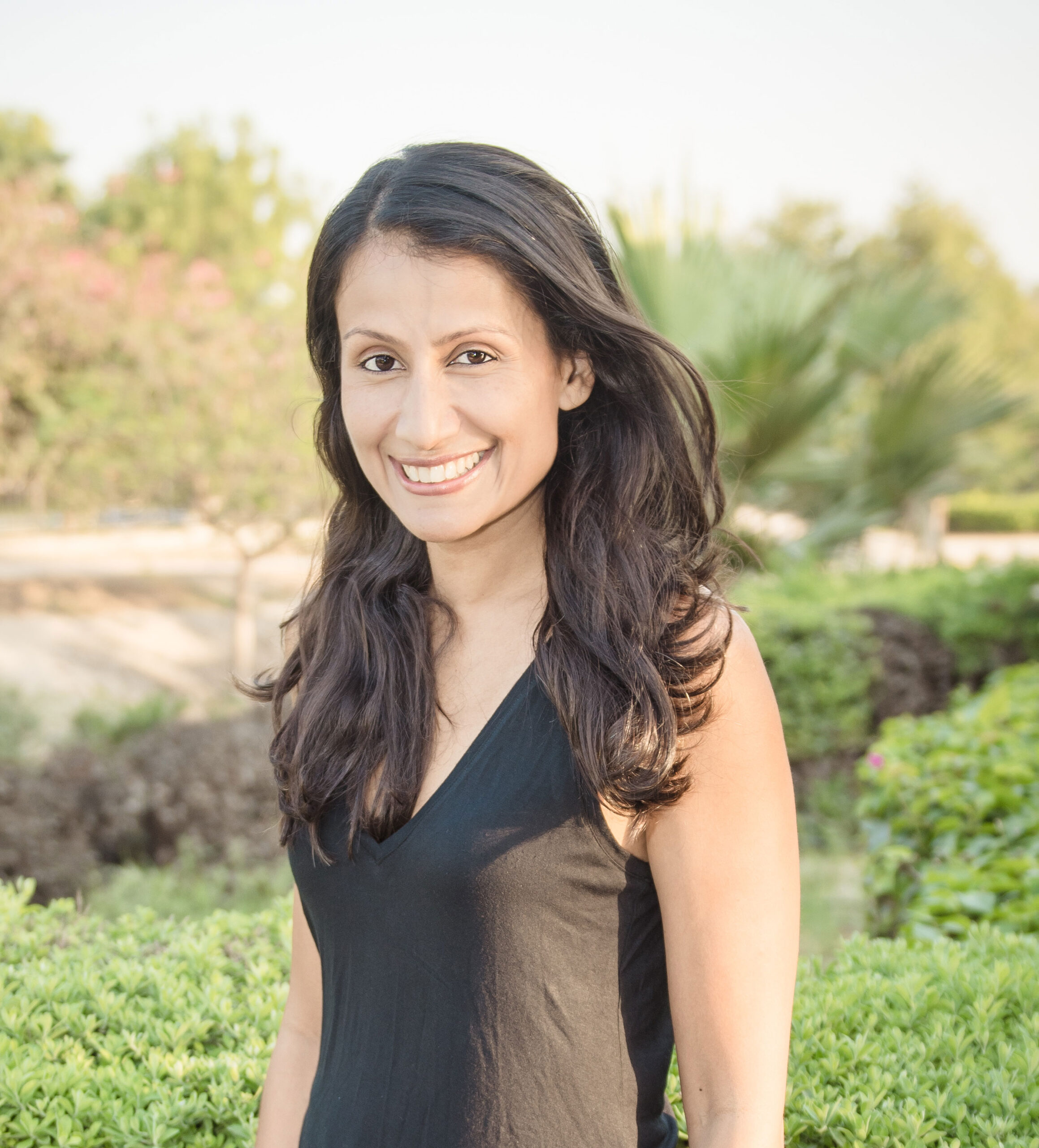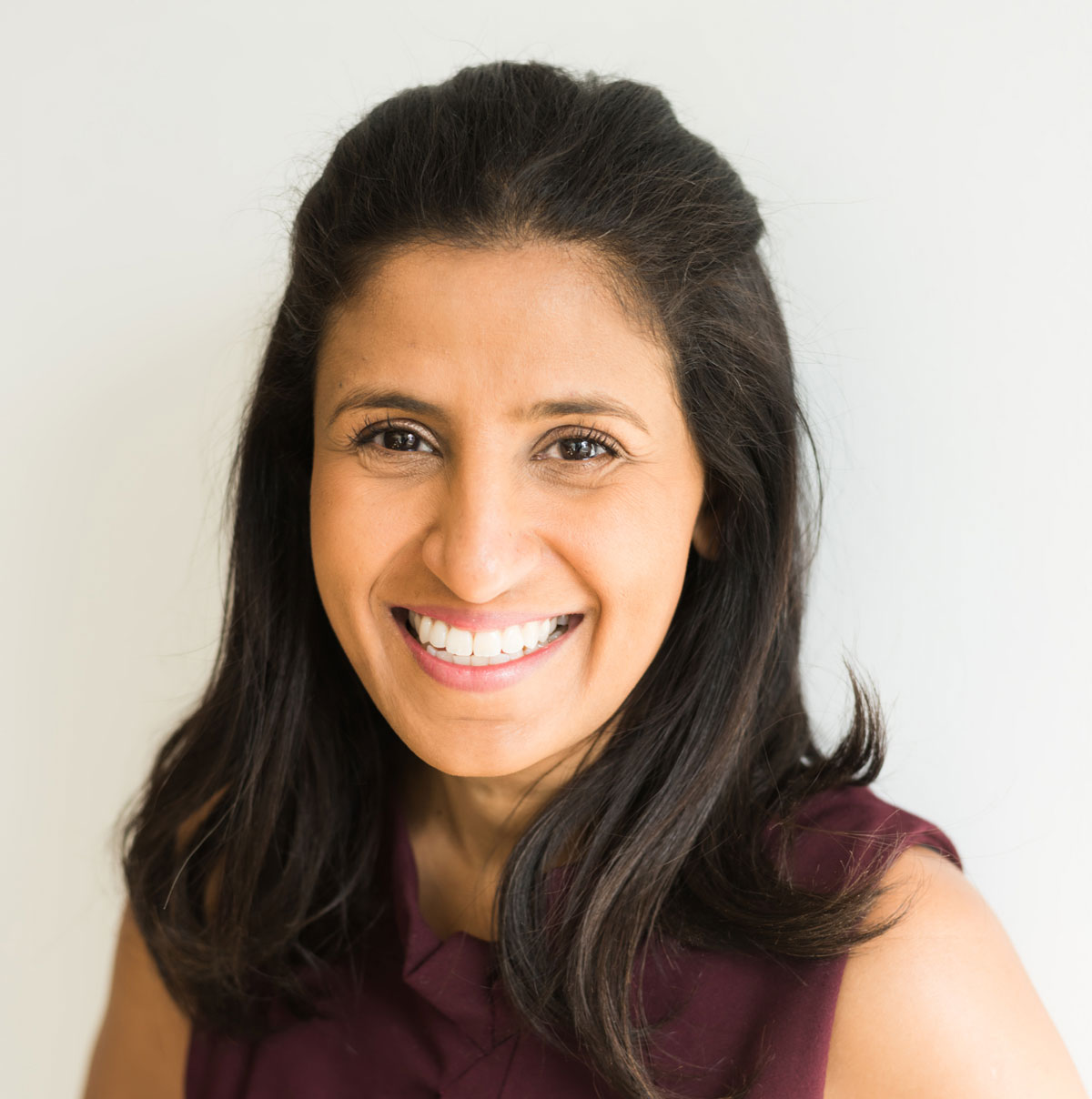First periods can be scary. Even scarier is menstruating but not knowing what is going on with your body. In Kaberamaido and Kalaki Districts in Eastern Uganda, first periods can be associated with illness or death, as shared by these girls:
“The first time I menstruated, I was scared my liver was damaged and flowing out into small particles.” – Menstrual Health Training participant, age 19
“I was scared and didn’t know what to do when I got my periods at the age of 12. I became very shy and I wanted to be alone. I thought something was wrong with me.” – Menstrual Health Training participant, age 17
To address these menstrual health issues, we have partnered with the International Monetary Fund (IMF) Giving Together Program to deliver our signature Menstrual Health Training to girls through Kaberamaido and Kalaki Districts. By employing local women – 3 Program Trainers and 1 Nurse – 2,296 girls have been trained since April 2021.
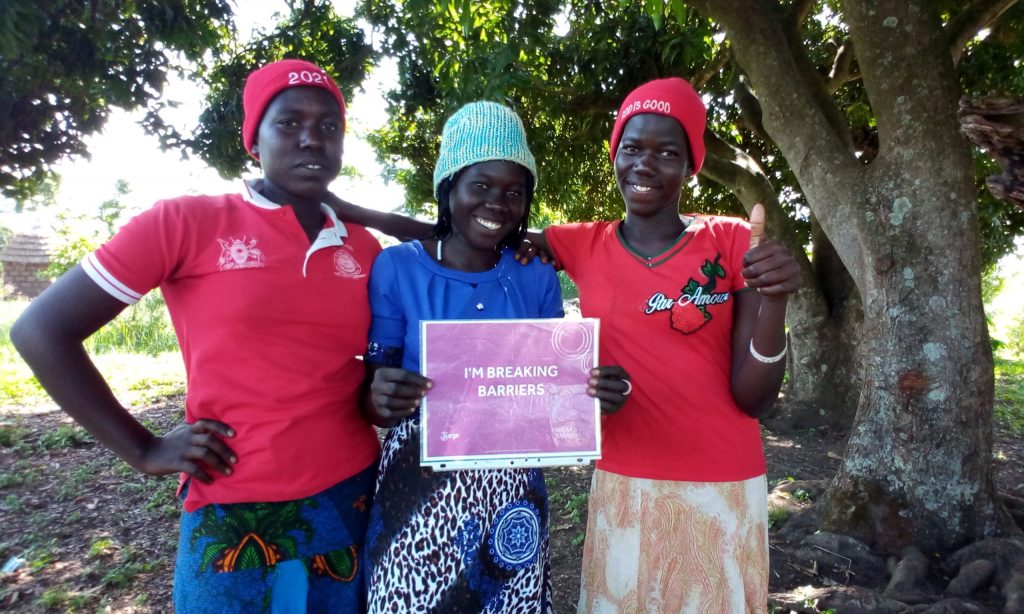
Through our Menstrual Health Training, we are directly addressing the missed opportunities that girls face in regards to education, health, income, and more. Girls who go through the training gain knowledge about hygiene, body and cycle management, period products, self-efficacy, stigma, and reusable pad-making.
“Today I learned things I didn’t know, since no one has ever talked to me about menstruation.” – Menstrual Health Training participant, age 17
“Today I learnt the parts of the body, like the fallopian tubes, ovaries, cervix, and the vagina.” – Menstrual Health Training participant, age 14
These trainings are not only based in the crowded centers, but in various villages throughout the districts in an effort to reach every girl. In the 48 communities where trainings have taken place, girls are now able to sew their own reusable pads and save money.
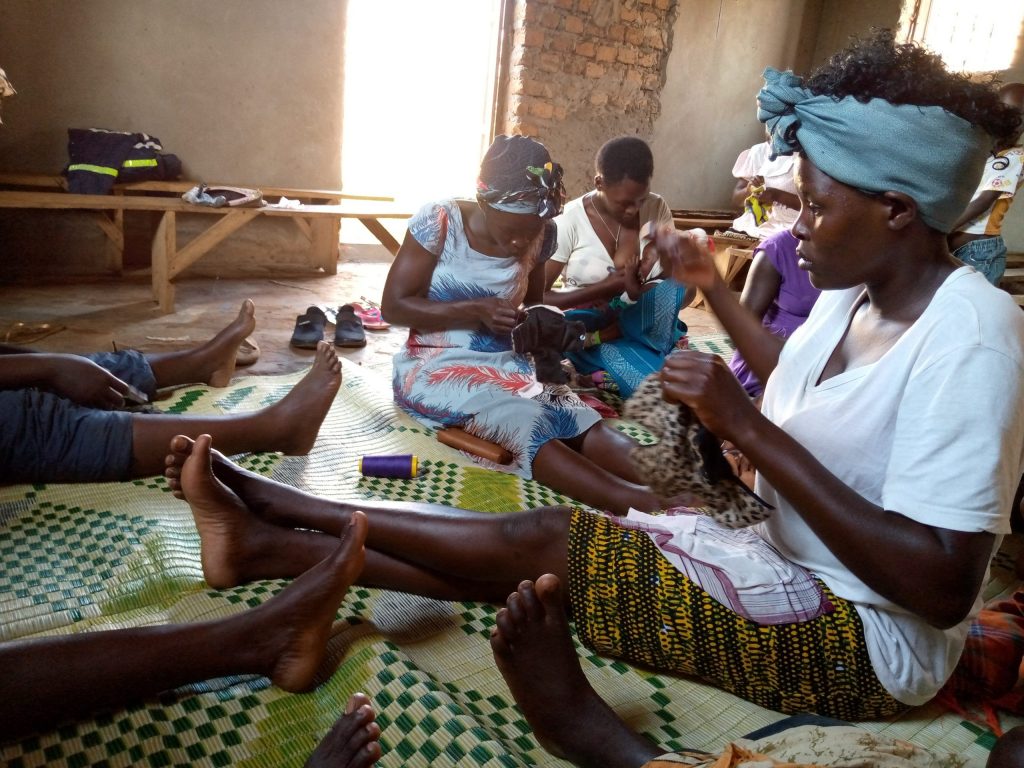
The success of our Menstrual Health Training is not only about the number of girls served, but is about the knowledge learned. Through a pre- and post-test scoring system, there was a 33% knowledge increase. This will allow the girls trained to further educate their friends, ensuring that every girl in Kaberamaido and Kalaki Districts benefits from this program. By sharing their learning with others, they also help sensitize the community at large, including boys and men.
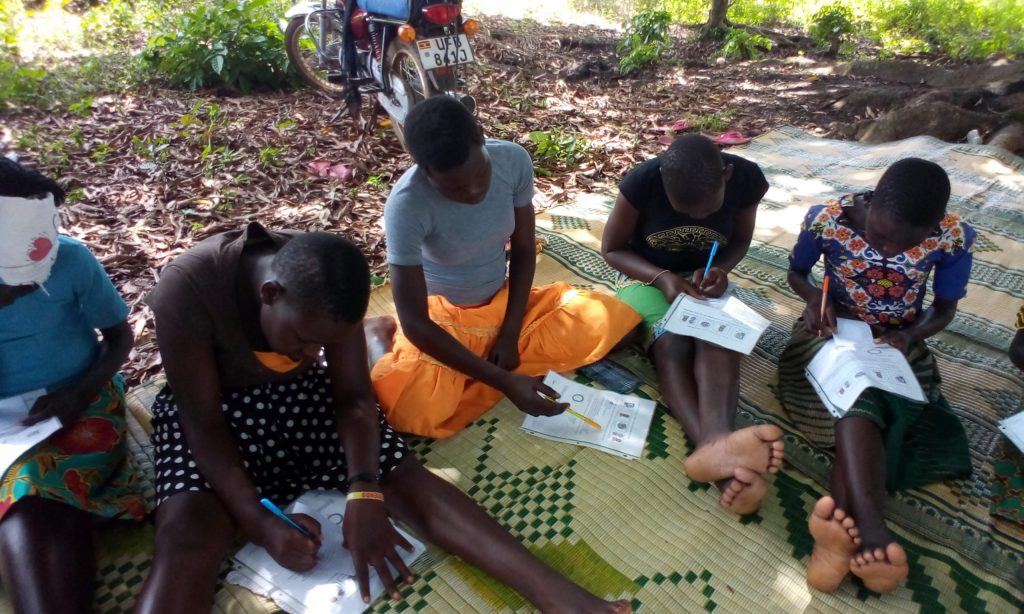
Through this partnership, we plan to reach a total of 5,000 girls by April 2022. However, we know that menstrual health issues are also affected by distant water sources, a lack of latrines, and a lack of handwashing facilities. To address this crisis holistically, this project is a component of Surge’s commitment to providing water, sanitation and hygiene (WASH) infrastructure that will impact over 100,000 Ugandans in 2 years.
